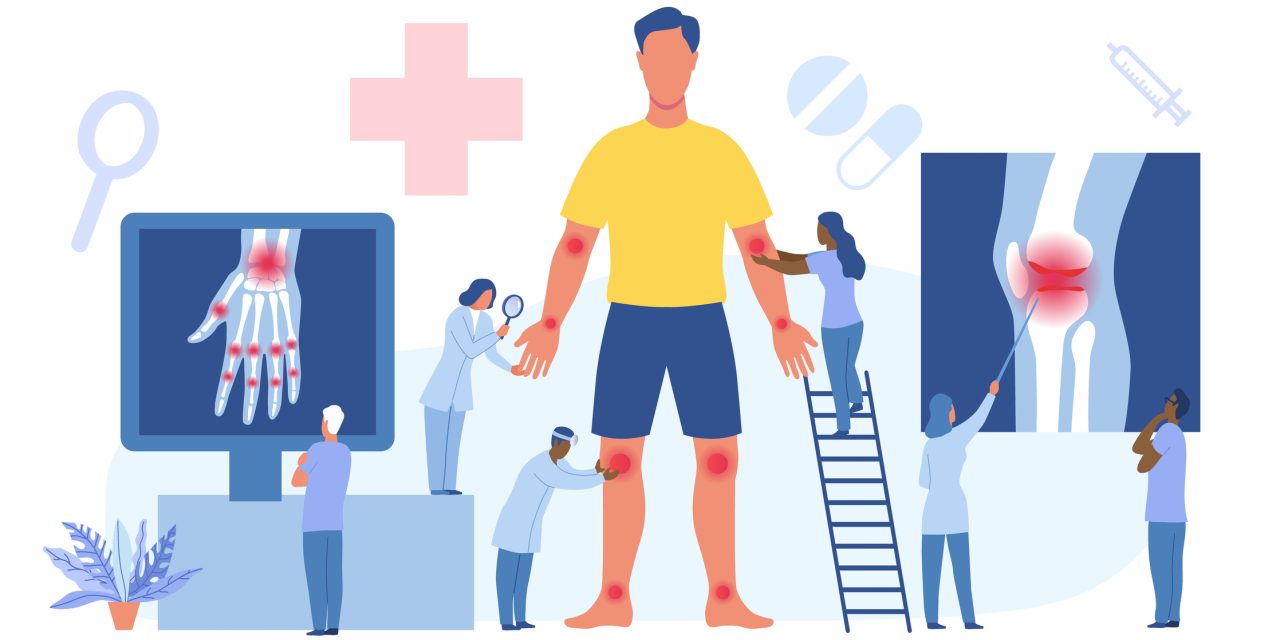For a study, researchers sought to analyze the mental health of Latin American pediatric rheumatologists (LAPRs) during the COVID-19 epidemic. Cross-sectional research was conducted with 318 LAPRs based on an online, self-rated survey on clinical practice/mental health impacts during the COVID-19 pandemic. Validated self-reported measures for anxiety (Generalized Anxiety Disorder [GAD-7]) and depression (Patient Health Questionnaire [PHQ-9]) were investigated.
The response rate was 126 of 318 (40%), with Latin American nations accounting for 13 of 20 (65%). Working on the COVID-19 frontline was reported by 27% of LAPRs. Anxiety and moderate/severe depression were seen in 49% and 25% of the participants, respectively. There were no past mental health issues reported by LAPRs. Deaths from confirmed/suspected COVID-19 in patients with childhood-onset systemic lupus erythematosus and juvenile idiopathic arthritis were recorded by 8% and 2% of LAPRs, respectively. Further analysis of LAPRs indicated that the median present age in LAPRs with anxiety was considerably lower than in those without anxiety (39 [29–43] vs 45 [30–70] years, P=0.029). Working on the frontlines of COVID-19 (37% vs 17%, P=0.015), feeling powerless (39% vs 17%, P=0.009), and experiencing burnout (39% vs 11%, P=0.0001) were all considerably more prevalent among LAPRs with anxiety. The anxiety group had substantially greater median nightly sleep abnormalities (8 [0–10] vs 4 [0–10], P=0.009), but the physical activity group had lower (0.5 [0–10] vs 3 [0–10], P=0.005). A significant Spearman correlation was found between the GAD-7 score and the VAS score for nocturnal sleep abnormalities (r=+0.348, P=0.001), while a negative correlation was found between the GAD-7 score and the VAS score for physical activity (r=0.192, P=0.031).
Anxiety and sadness were important to LAPRs’ experiences throughout the COVID-19 epidemic, negatively damaging their mental health. It is critical to report information regarding mental health in order to plan future preventative and health promotion activities.


